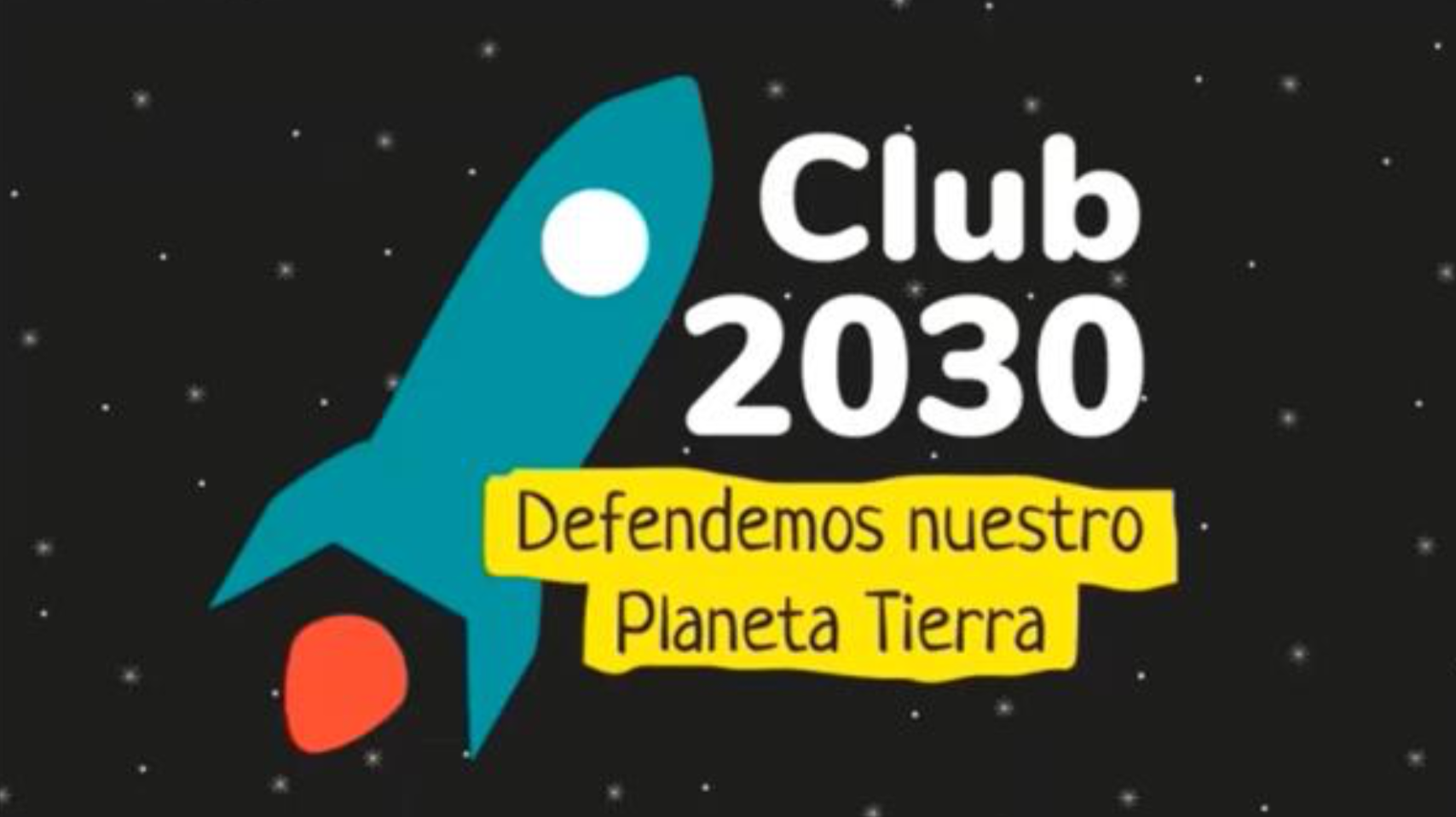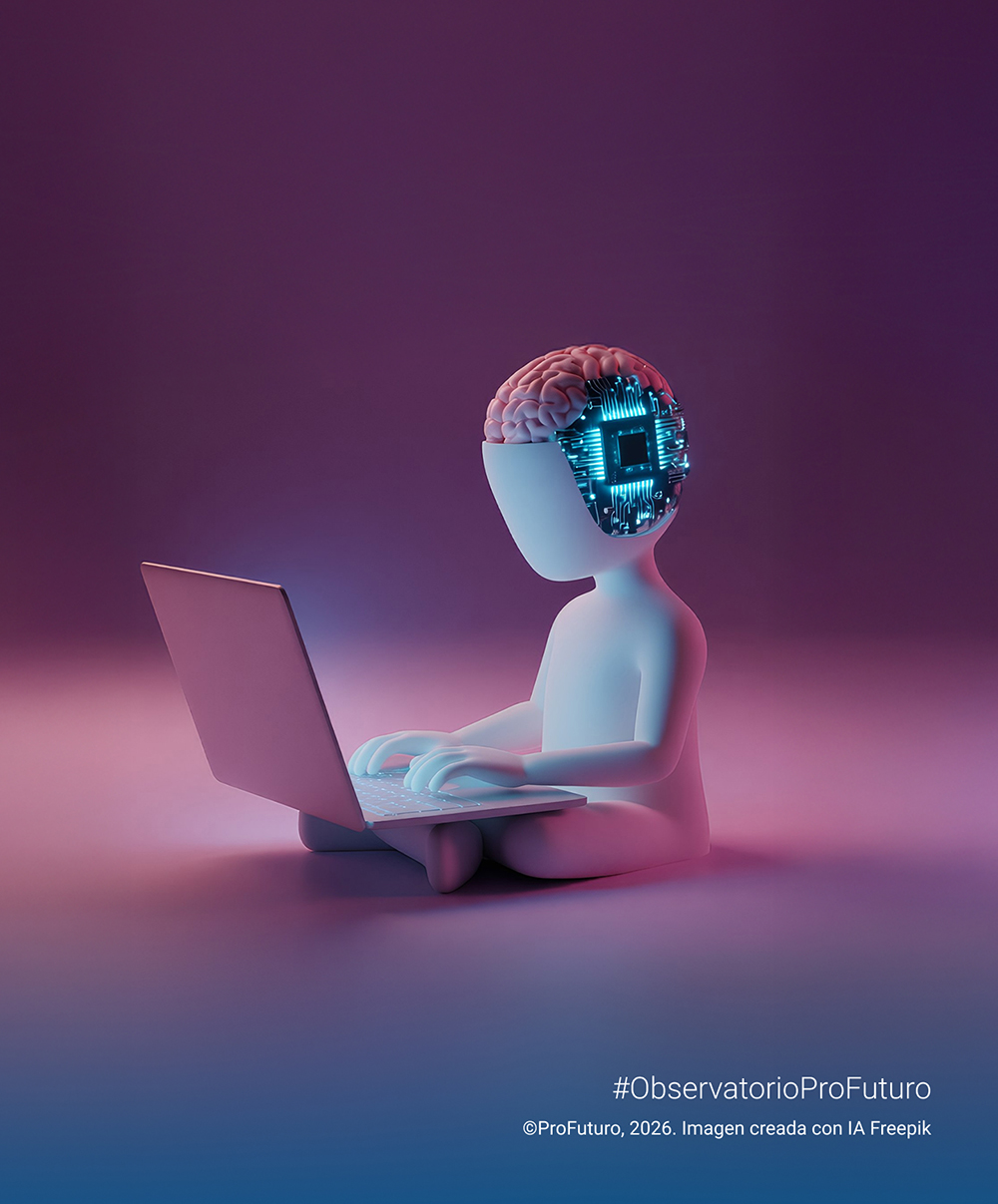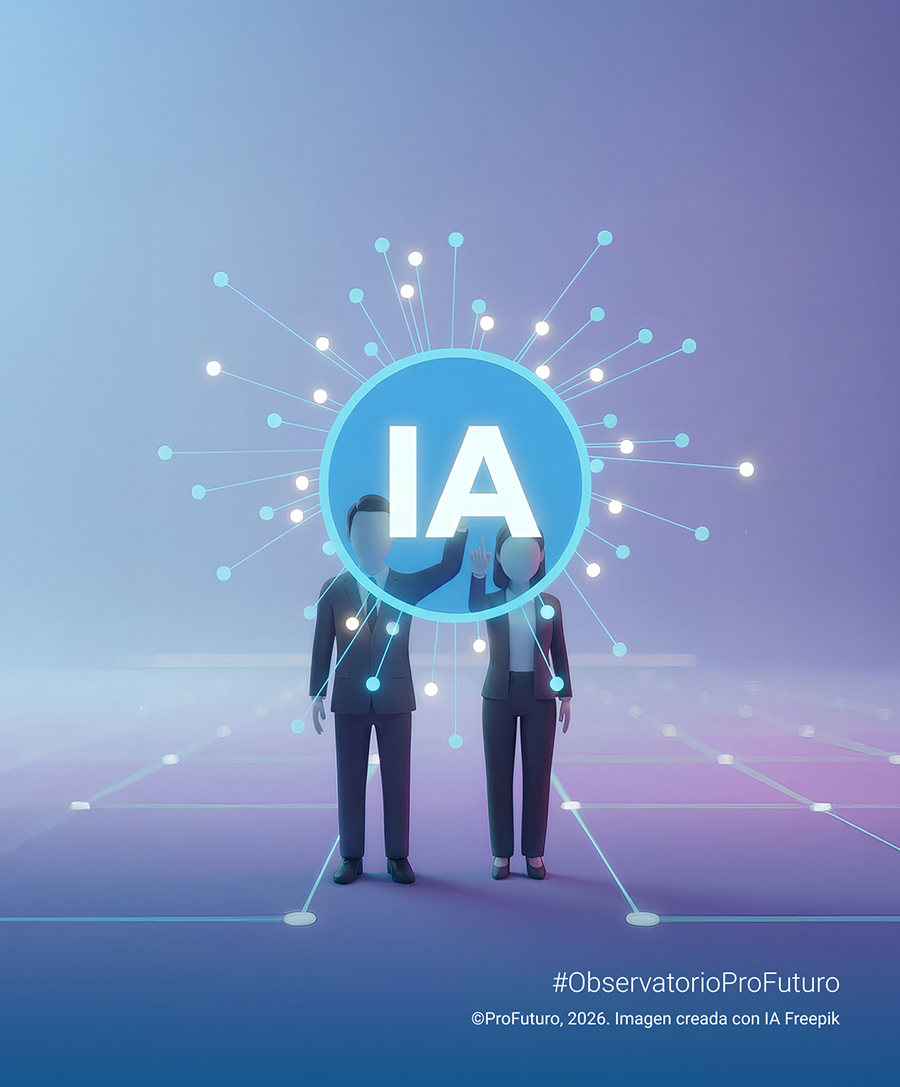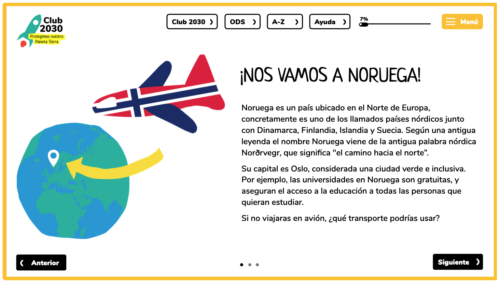
The children in the 2030 Club will travel to Mauritius to carry out a Peace and Community Mission that will help them to save the planet. On their trip, they’ll learn many interesting things about Mauritius, but also about the Sustainable Development Goals set by the United Nations to ensure that all countries embark on a new path to improve the lives of everyone without leaving anybody behind. Specifically, goals number 16 (to promote just, peaceful and inclusive societies) and 17 (to revitalise the global partnership for sustainable development or, for children, work as a team). They’ll also travel to Norway to develop the Humanity Mission. To carry out this mission, they’ll have to understand SDG numbers 1, 2, 3, 4 and 5: end poverty, end hunger, lead a healthy life, receive a better education and achieve gender equality. There are many more countries and missions. And, above all, many things to be learnt through play. We’re referring to the 2030 Club, an initiative that’s arisen from the partnership between Education for Sharing and the ProFuturo Foundation.
When the ProFuturo and Education for Sharing teams had the chance to collaborate within the framework of the Global Festival of Action for Sustainable Development held in Bonn, the spark was immediately kindled. The chemistry of a team naturally ready to work together. This was the origin of the 2030 Club, a programme focused on helping teachers and students to develop key skills related to sustainable development. A club focused on providing teachers with digital tools, games and resources to be implemented in their schools.
The project came into being with a dual objective. Firstly, to develop ProFuturo’s life skills proposal. The idea was to continue working on transversal skills and values in a practical manner, with a proposal that’s easy to incorporate into classroom planning. A cross-cutting issue such as the SDGs, which had their place in international syllabuses and practice, emerged as an ideal one for shaping our proposal. Underlying our second aim is our interest in exerting a certain positive influence on the modifications of the curricula by means of public policies to promote the inclusion of these skills.
Education in keeping with the SDGs
“Education has a responsibility to keep up with the challenges and aspirations of the 21st century and promote the right kinds of values and skills to lead to inclusive and sustainable growth and a peaceful life together”. With these words, Irina Bokova, the Director-General of UNESCO, emphasised the urgent need to teach children the skills required for the new world that have stemmed from the unstoppable progress of the new technologies.. A world and a society in which the changes, uncertainties and challenges related to the environment are going to play a dominant role.
However, the current educational systems, for different reasons, continue to relegate the learning of these essential skills into the background. The lack of time to teach these competences and incorporate them into the national syllabuses is one of the reasons for this neglect, although some schools, organisations and volunteer teachers are gradually introducing the teaching of these skills in their lessons. But these are fairly isolated attempts and, with some exceptions, they come from outside the official system. So the obligatory question is whether the school community as a whole is prepared to incorporate and teach sustainable life habits.
The evidence tells us that it isn’t. In its Teacher’s guide to raising awareness to promote high-quality education, UNESCO states that less than three quarters of teachers are trained to do so. National curricula often don’t address SDG-related topics from the appropriate pedagogical standpoint to promote interest, empathy and proactivity among the students, while there’s also a lack of training for educators to provide them with support to integrate the global challenges into their plans in a manner consistent with the context and their students’ needs and interests.
The club that changes everything
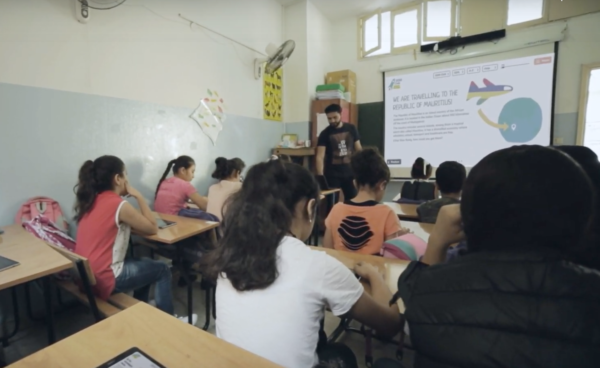
The above need has given rise to the 2030 Club, a training proposal that seeks to go beyond the mere dissemination of information on the global challenges. The Club aims to trigger the participation of both teachers and students. To empower them and turn them into agents of change so that their actions go further and become tangible projects that benefit their communities. Like all ProFuturo’s educational proposals, the 2030 Club includes a training proposal to enable the teachers to take it to their classrooms and make the most of the programme.
What are the benefits of the 2030 Club?
- The students (between 6 and 13 years old) will enjoy an educational experience enabling them to receive an integrated form of education that addresses emerging issues of international importance and promotes the development of skills that are useful for their global participation.
- The teachers will have the chance to understand the key sustainability-related competences that are useful not just for this project but for all their classes and put them into practice. Moreover, the methodology used provides an opportunity to diversify their pedagogical strategies to respond to their students’ interests and abilities, make use of the technology and build a flexible learning environment that’s open to their proposals.
- The management team will be able to offer an integrated kind of education at their schools, whereby the students become agents of change and participate in a purposeful way within their communities.
- The families will be indirectly sensitised about the importance of the SDGs and the educational pathway designed for their children and they’ll accompany them in the reflection process and the incorporation of new practices, thus becoming active agents of change too.
How is the 2030 Club organised?
The didactic proposal of the 2030 Club includes mandatory and optional activities. The pathway is divided into four missions: Humanity, Progress, Environment and Peace and Community, as well as an introductory training session during which the children will learn the basics of the SDGs.
To begin the work with each of the missions, an imaginary teacher-guided journey will be embarked on with the help of a previously structured script or the support of a digital resource that will bring the students closer to the context of the place visited. The aim of this initial activity, which is mandatory, is to provide the students with relevant information on a country, such as the social, geographical and cultural aspects and its initiatives and challenges related to the SDGs that will be addressed during the mission.
The following activity, also mandatory, is a recreational exercise designed to detonate the students’ previous knowledge and contextualise the following activity.
The third stage is a digital activity that enables the students to initiate an action to contribute to the goal they’ve studied.
Once the activity has been completed, the teacher will assign a closure space to encourage the pooling of educational experiences and reflections related to them.
As for the evaluation, each of the missions provides questionnaires that help the teacher to assess the knowledge acquired by the students during the experience. In addition, each mission has a section that the teacher can use to evaluate the group or each individual student. All the digital activities are saved and they can be kept by the teacher.
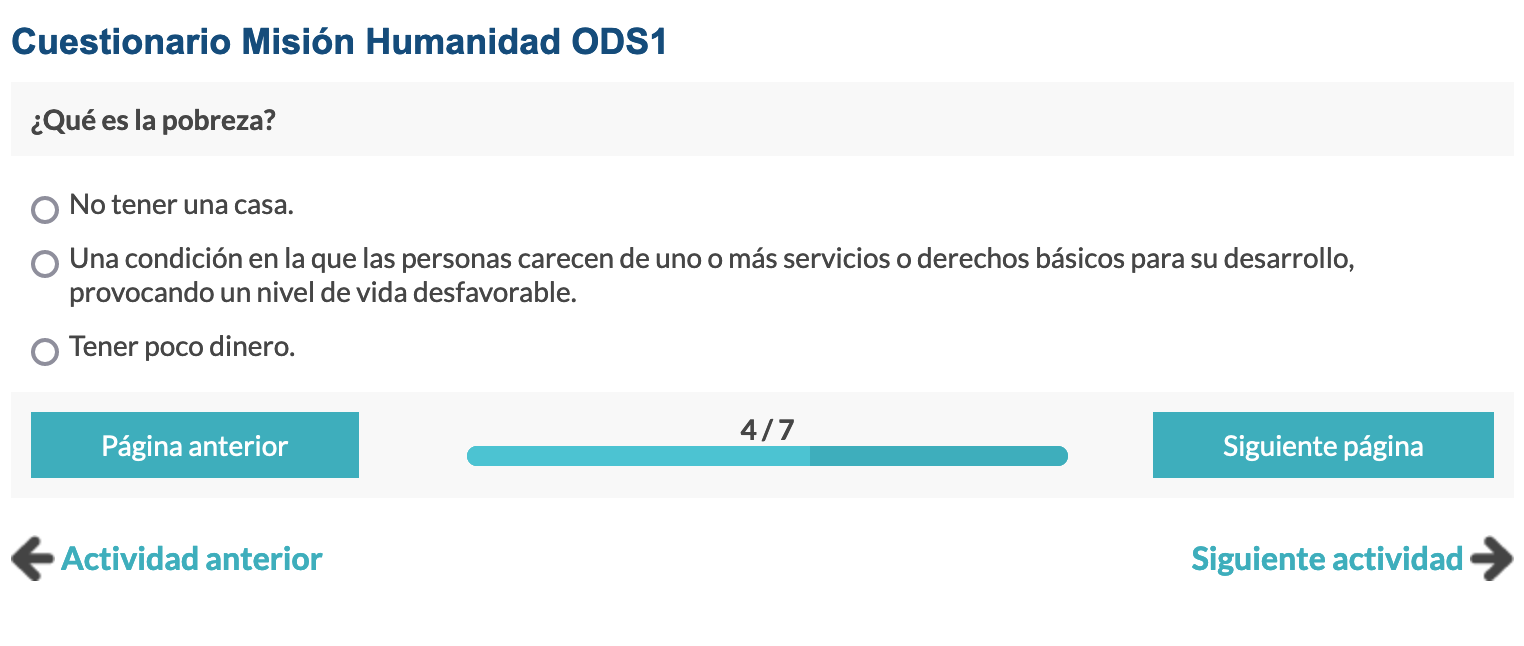
The 2030 Club brings together the best of both worlds, the power of play and the power of technology, and it’s available in Spanish and English, although it will soon be translated into Portuguese and French too. The joint construction of the project was a major challenge because we shifted from an analogue proposal to a digital education proposal, but the different tests demonstrated the relevance of the process. The programme was trialled with excellent results in different schools in Mexico. The result is a learning club suited to us all, membership of which will give us access to a very special way of seeing the world, namely that of critical and conscious citizens who are respectful towards their environment.



